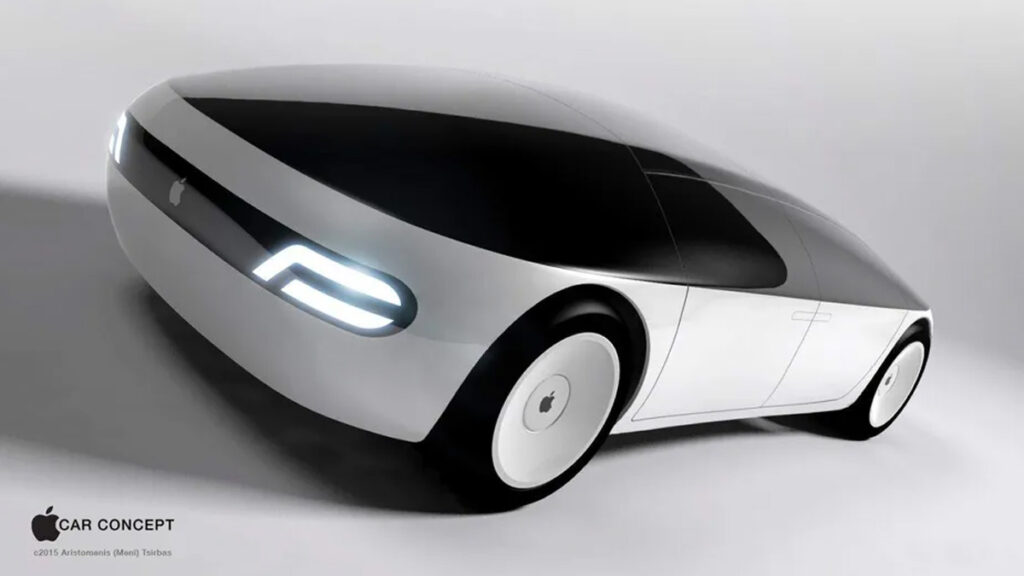Reports suggest that Apple’s “Project Titan” has been progressing in secret, as the company aims to enter the electric and autonomous car market with its own vehicle. Apple is rumored to be developing its own battery technology to power the car, which is expected to provide enhanced safety features and an extended driving range.
Reports suggest that Apple’s electric car project, also known as “Titan”, is still underway and may come to fruition in the near future. According to exclusive information obtained by Reuters, the tech giant has shifted back to its original plan of designing a fully electric and self-driving car, after considering supplying autonomous driving technology to other car makers.
Sources familiar with the matter claim that Apple intends to collaborate with an unknown partner to manufacture the electric vehicle, thus avoiding significant investments.
Also Watch: Books That Everyone Should Read Before They Die
Apple likely established collaborations with external firms to create specific components, such as Lidar, crucial for enabling self-driving vehicles to accurately navigate their surroundings in 3D. Yet, the autonomous car could leverage Apple’s proficiency in Lidar technology, as well as incorporate sensors similar to the advanced ones utilized in top-tier iPhones and iPads.

Apple’s upcoming vehicle is anticipated to introduce a groundbreaking battery technology, featuring a compact “single-cell” design that would maximize available space and enhance the car’s driving range. Notably, the battery would employ lithium-iron-phosphate technology, renowned for its superior safety compared to conventional lithium-ion batteries found in smartphones. Apple electric car price is not revealed yet.
However, it is worth noting that Apple’s plans are subject to change, and the tech giant may opt to license its innovative system to established car manufacturers instead of developing and marketing its own vehicle. Furthermore, the pandemic’s impact could potentially delay the production of the car until at least 2024.














